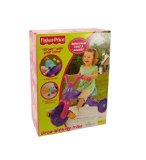Fun Stories Full of Short Vowels and Rhymes
The LeapReader Learn to Read Book Set, Volume 1 is the perfect set of books to introduce your child to short vowel sounds. The set comes with six books, each book focuses on a short vowel sound and the final book is for practice and review. Touch the LeapReader pen to the page to hear words sounded out, and reinforce the connection between letters and the short vowel sounds they make. Boost letter recognition and spelling skills through reading. The short vowels a-e-i-o-u are everywhere!
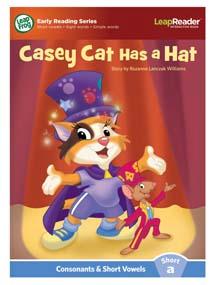
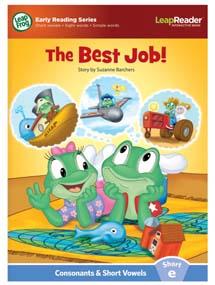
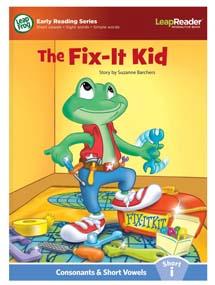
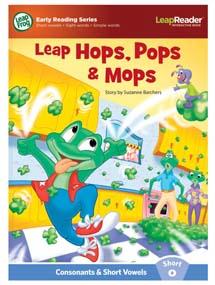

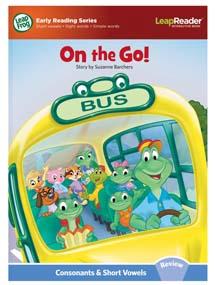
The Leapfrog LeapReader Learn to Read, Volume 1 Book Set works with Tag Reading System and LeapReader Reading & Writing System (sold separately). Explore all of the fun and educational LeapReader book sets: Book set 1: Short Vowels. Book Set 2: Long Vowels, Silent E & Y, Book Set 3: Consonants, Book Set 4: Advanced Vowels. The Early Reading Series is designed to build core phonics skills and support children as they proceed at their own pace toward independent reading.
Teaches:
- Short vowels: Children learn to read and spell words with regular short vowel patterns (bed) and regular long vowel patterns (bake, meet).
- Phonics skills: To read independently, children must understand the relationship between the sounds in spoken words and the letters that represent those sounds.
- Sight words: Sight words are words that cannot be sounded out (the, where, etc.), so they must be learned by sight and memorized.
- Rhyming: Children learn that rhyming words have the same ending sounds and often share spelling patterns, which helps develop vocabulary.





